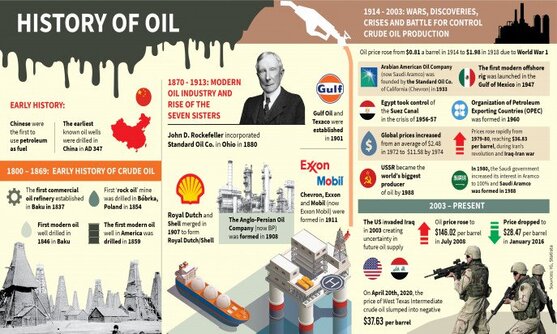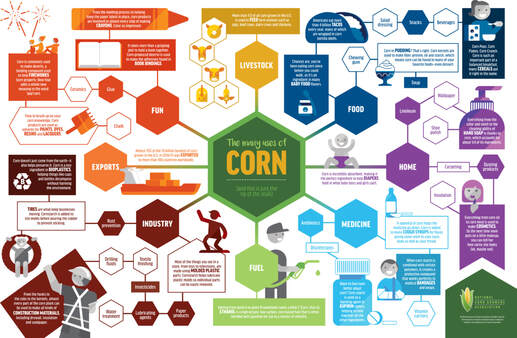|
It’s KNOWvember and its 82 degrees as I write this post. It should be cooler, but it’s not. The weather, as most scientist have been saying my entire life, is changing. I say that because instead of calling it Global Warming to get people’s attention, some politicians decided it might sell better if we call the alarming shifts as nothing more than Climate Change. This shouldn’t come as a huge surprise to anyone, but the biggest culprit on the planet is the human being. From the cars we drive, the electricity we consume and the food we eat, the natural resources we are depleting from the ground are affecting the air above. Thus, one might argue the second biggest culprit destroying our planet is the oil we extract from it.
Of course there are other kinds of oils out there as well. I cook with olive oil, sunflower oil, canola oil, peanut oil and occasionally vegetable oil. There is also torch oil, teak oil, lemon oil, and so on. It’s like if you can grow it, build it, or chop it down, it can be turned into an oil. Except babies. Although the name is confusing, Baby Oil in fact is not made from babies (apparently, neither is baby powder). All these oils are more helpful than harmful. But not all plant based oils can say that. Palm oil, which over the last few decades has enjoyed some worldwide fame as it quietly works its way into our daily lives. You might know about palm oil, but did you know the devastation it has had on communities and ecosystems around the world? “Iconic animals such as the orangutan now teeter on the brink of extinction; fires lit to clear the way for plantations spew carbon emissions to rival those of industrialized nations.”
Then there is corn oil, which you probably know is use is in cooking because it has a high smoke point; making it an ideal and cost-effective way to fry foods. But it is also used for making biodiesels, as well as soap, salves, paint, erasers, rustproofing, inks, textiles, insecticides, and nitroglycerin. It is sometimes used as a carrier for drug molecules in preparing pharmaceuticals. It’s also found in cosmetic powders, candles, dyes, lubricants, insulation, and yes, wallpaper. No wonder some fact checker at Reuters remarked, “Corn is sometimes referred to as "yellow gold" because it is used to make so many products and byproducts that end up throughout the economy from food store shelves to gas pumps to industrial chemical plants.” Here are a few facts that are worth noting about corn oil:
The United States produces 40 percent of the world's corn supplies and accounts for more than half of world corn exports. About 85 percent of the 2010 U.S. corn crop of 13 billion bushels at 56 lbs per bushel will be used for food, animal feed and a myriad of industrial product uses. Corn Oil is used int the fermentation products and byproducts -- industrial alcohols, fuel ethanol, recyclable plastics, industrial enzymes, fuel octane enhancers, fuel oxygenates and solvents. https://thenewpress.com/blog/15-palm-oil-products-you-probably-have-your-home https://www.kcet.org/shows/earth-focus/10-everyday-products-derived-from-petroleum https://mobile.reuters.com/article/amp/idUSTRE68S4Y220100929 https://en.wikipedia.org/wiki/Corn_oil
0 Comments
Leave a Reply. |
Ian MacdonaldAn ex-copywriter turned punk rock pastor and peacemaker who dedicates his life to making the world a better place for all humanity. "that they all might be one" ~John 17:21“Prius vita quam doctrina.”
~ St. Thomas Aquinas (1225–1274) * “Life is more important than doctrine.”
Archives
June 2024
|


